Herbs - the 'key' to improving quality
Quynh Bang (formerly Quynh Luu district), now Quynh Anh commune, Nghe An province, is a commune with a tradition of raising deer and herbal chickens. Over the years, local people have always been struggling to find ways to increase the value of their products, instead of just stopping at selling them raw. Many households have boldly applied the method of raising animals with herbs, both saving on veterinary medicine costs and creating a clean, safe food source to meet market demand.
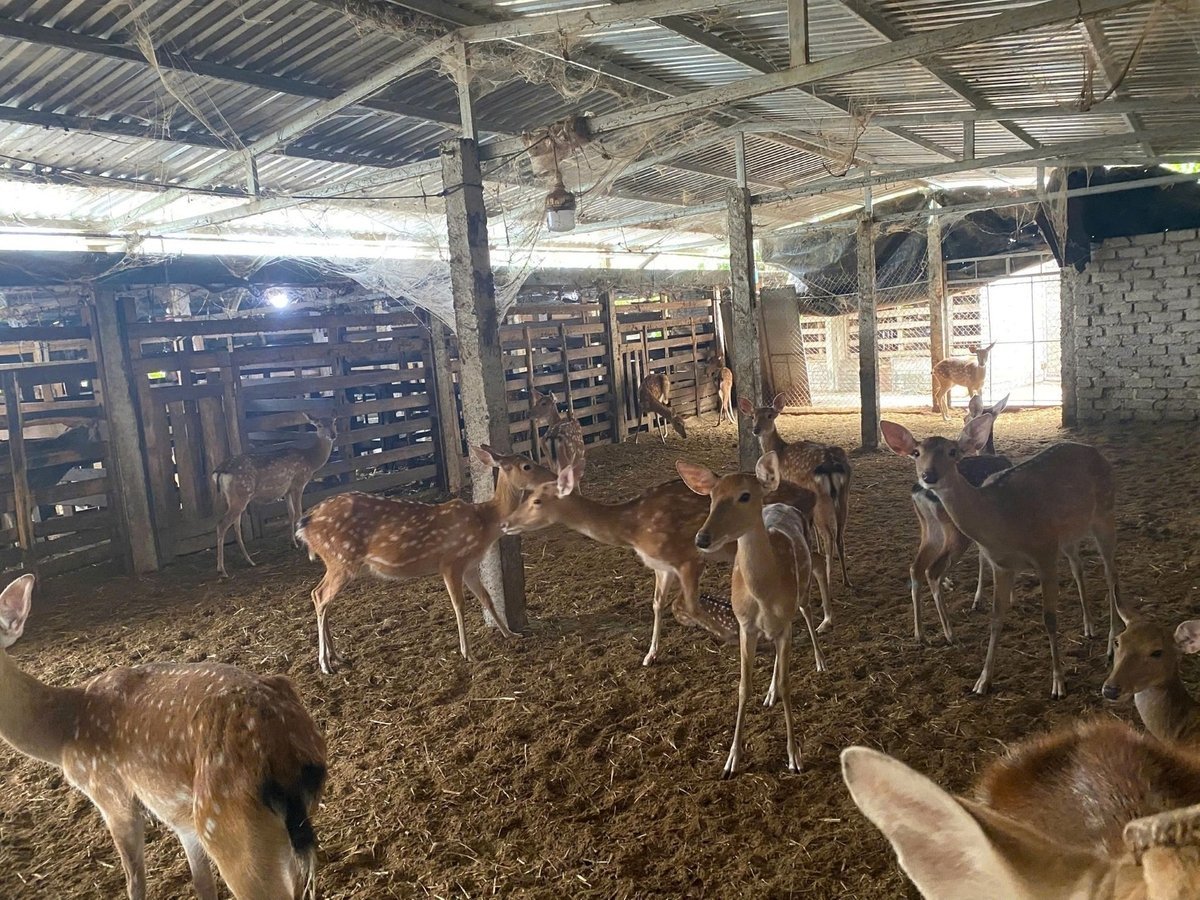
Deer herd raised on herbal medicine model in Quynh Anh commune. Photo: Pham Tuan.
From that common desire, the locality has promoted the establishment of Quynh Bang herbal deer and chicken breeding cooperative (now renamed Quynh Luu herbal deer and chicken breeding cooperative). After a period of preparation, in early 2025, the cooperative was officially established and put into operation, headquartered in Thanh Minh hamlet, Quynh Anh commune, with a charter capital of 500 million VND. The cooperative gathers 51 member households, all of which are large livestock households with many years of experience, ready to join hands to build and develop a sustainable model.
After its establishment, the Cooperative quickly adopted its operating regulations and charter and elected its executive board. Since its inception, the Cooperative has been licensed to operate in multiple industries, from raising deer, goats, sheep, poultry to planting, wholesaling food and transport services. This opens up opportunities for comprehensive development, not only stopping at animal husbandry but also expanding to processing, trade and services.
The special feature of the cooperative is the application of herbs in livestock farming. In the past, farmers often had to rely heavily on antibiotics and veterinary drugs to prevent and treat diseases, but now herbs have become the "key" to help livestock increase resistance, develop healthily and safely.
A typical example is the deer antler farming model of Mr. Ho Ba Xuyen in Thanh Minh hamlet. With an area of 1,500 m², Mr. Xuyen always maintains a herd of 80-100 deer. Thanks to adding medicinal plants such as ginseng, bear bile, figs, jackfruit, green bananas to the diet, the deer herd is healthy, has few diseases, and produces 50-60 kg of fresh antlers each year, bringing in revenue of 500-600 million VND.
“Previously, when raising deer, we had to use a lot of antibiotics, which was expensive and not very effective. Since switching to herbal supplements, the deer herd has become healthier, has fewer diseases, and the antlers sell for a high price. Most importantly, customers can rest assured because the product is safe,” Mr. Xuyen shared.
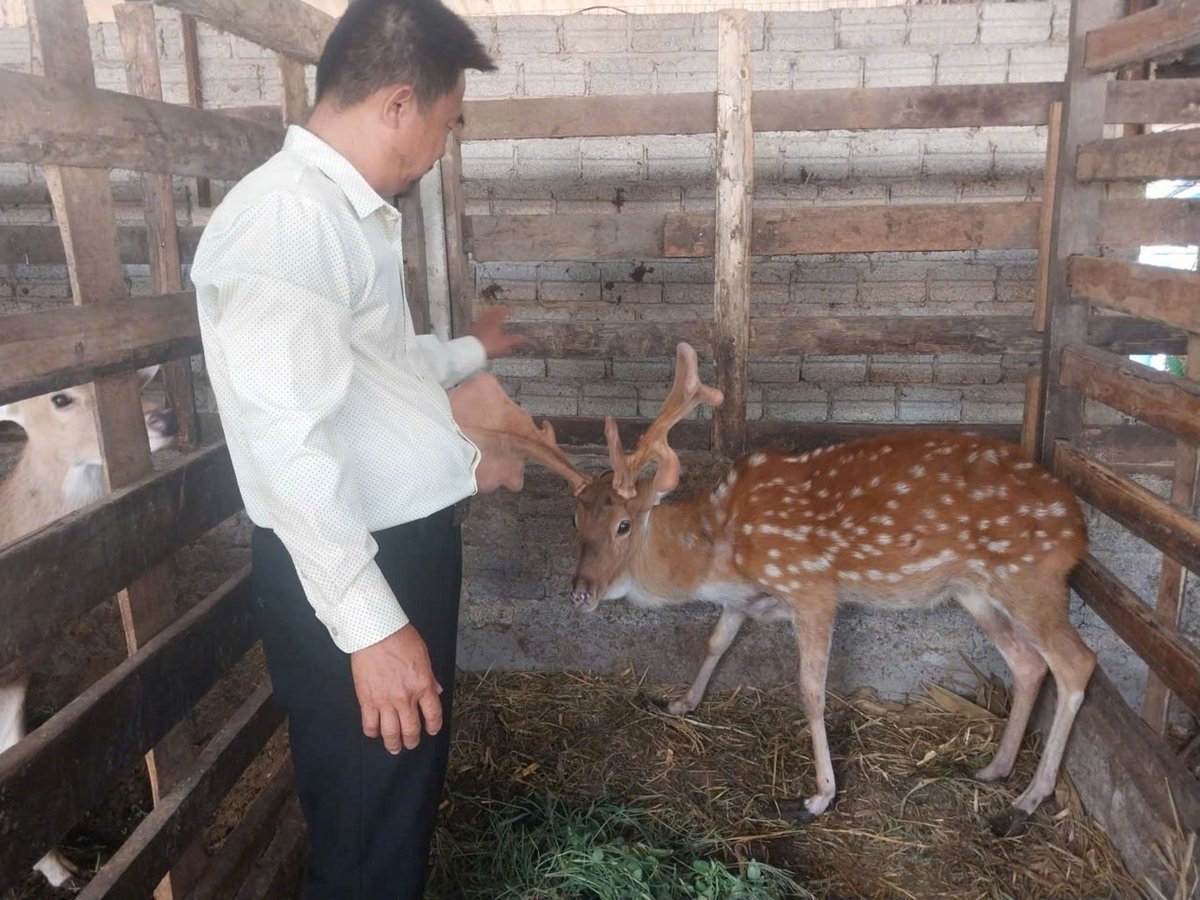
Mr. Ho Van Xuyen's household in Quynh Anh commune has more than 100 deer raised using herbal medicine model. Photo: Pham Tuan.
Currently, the entire Quynh Anh commune has about 100 households applying this model, with a total herd of over 1,000 deer depending on the period. Each year, the Cooperative purchases about 700-800 kg of antlers at a price ranging from 10-12 million VND/kg. Some products such as fresh sliced deer antlers, antlers soaked in honey, antlers and ginseng wine... have been processed, packaged, and achieved 3-star OCOP certification, affirming their reputation in the market.
Not only deer, many households also raise chickens with herbs such as lemongrass, perilla, mugwort, and Solanum procumbens. Thanks to that, the chicken meat is delicious, healthy, and has no antibiotic residue, meeting the current trend of clean food consumption.
Ms. Nguyen Thi Huong, a member of the herbal chicken cooperative, shared: “Raising chickens with herbs was initially confusing, but after a few batches, the results were clear. The chicken meat was firm, delicious, and traders bought it at home at a price 15-20% higher than that of regular chicken. Thanks to that, my family has a stable income.”
Open up new prospects
The establishment of the Cooperative is not only a gathering place for livestock households but also creates an “extended arm” in the production and consumption chain. The Cooperative will purchase products for its members, organize preliminary processing and deep processing to increase value, and at the same time build a common brand for Quynh Bang herbal deer and chicken products.
Mr. Ho Ba Thuong, Director of the Cooperative, said: “We have determined the goal of not only selling raw products but also focusing on processing and building brands. Products such as deer antlers soaked in honey, deer antler powder, deer antler extract, etc. have been standardized, packaged, labeled, and widely promoted to markets inside and outside the province.”
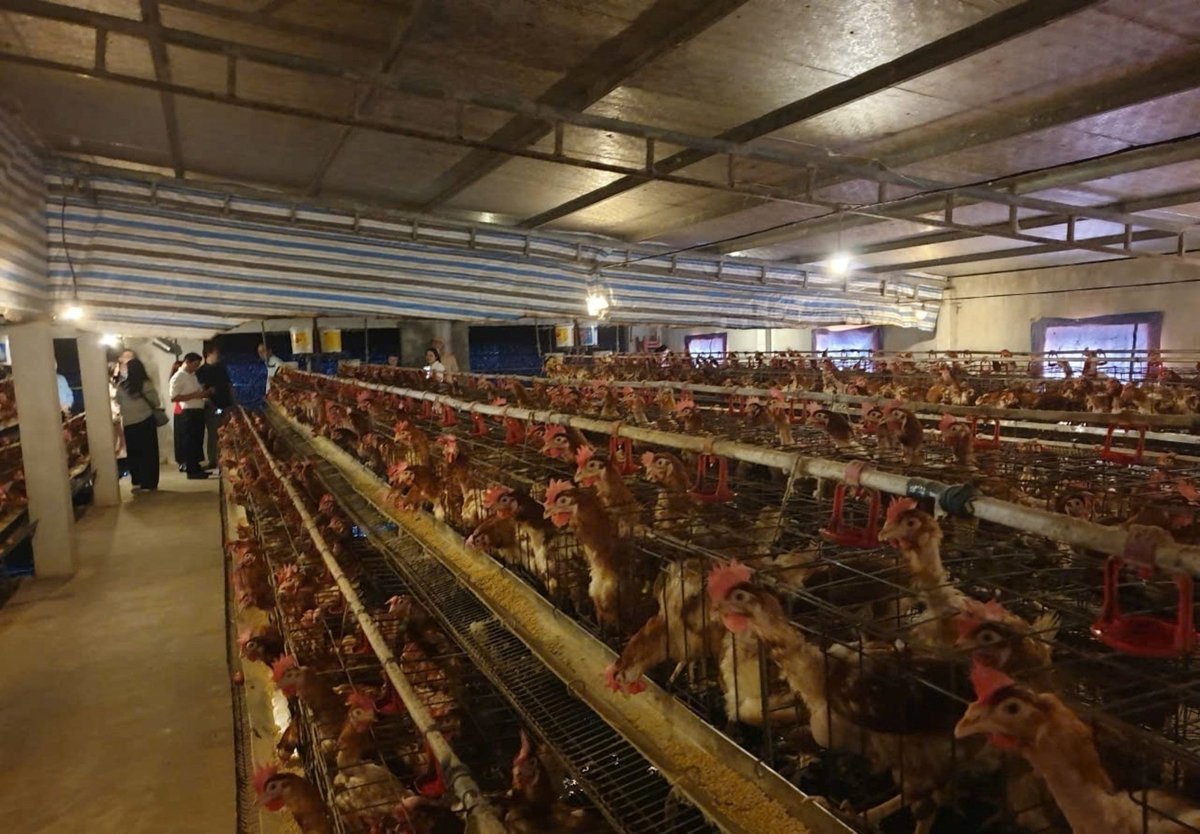
The herbal chicken farming model is developing in Quynh Anh commune. Photo: Pham Tuan.
In fact, replacing antibiotics with natural herbs has brought many double benefits. Farmers have significantly reduced costs, while the products are trusted by consumers and can compete in high-end market segments.
In the long term, when the cooperative operates effectively, farmers will not only be assured of output but also have the conditions to expand their scale and diversify their products. From deer antlers and herbal chickens, the cooperative can develop more specialty product lines, meeting 4-5 star OCOP standards, reaching out to the international market.
More importantly, the Quynh Bang Cooperative model has shown a change in farmers' production mindset from fragmented and small-scale to joint production, from "quantity-oriented" to "focusing on quality and added value". This is the foundation for building a modern, environmentally friendly agriculture , in line with the general development trend.
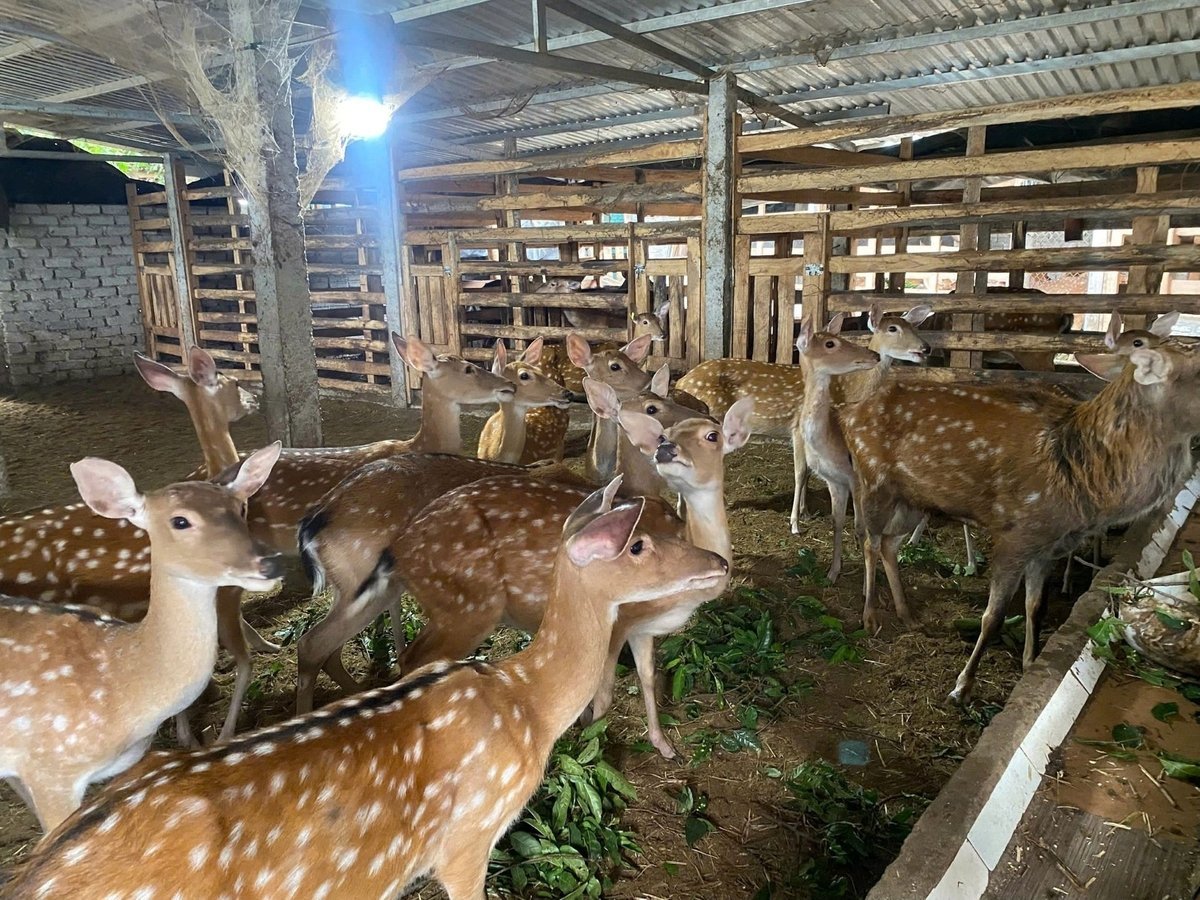
The herbal livestock farming model is bringing about efficiency. Photo: Pham Tuan.
From the pilot model in Quynh Anh, Nghe An province is encouraging other localities to promote herbal farming, gradually forming concentrated production areas, linked with processing and consumption.
In the coming time, the local government plans to support the cooperative in building processing factories, registering for trademark protection, and expanding consumption channels through e-commerce platforms. At the same time, it also aims to connect the cooperative with medicinal processing enterprises, creating product lines with high scientific and technological content.
The replication of the deer and herbal chicken cooperative model not only brings stable income to farmers but also contributes significantly to the goal of building a safe and sustainable agricultural production and consumption chain. This is also a suitable step in the context of Vietnam's agricultural sector moving towards green, circular development and deep integration with the international market.
Source: https://nongnghiepmoitruong.vn/nuoi-huou-thao-duoc-huong-di-moi-cho-nong-nghiep-xanh-d780734.html






![[Photo] General Secretary To Lam and National Assembly Chairman Tran Thanh Man attend the 80th Anniversary of the Traditional Day of the Vietnamese Inspection Sector](https://vphoto.vietnam.vn/thumb/1200x675/vietnam/resource/IMAGE/2025/11/17/1763356362984_a2-bnd-7940-3561-jpg.webp)


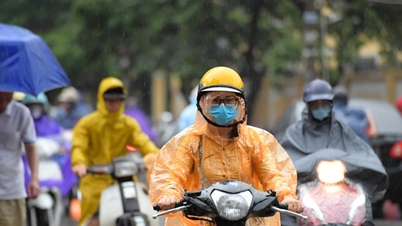







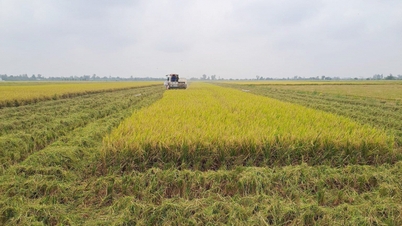
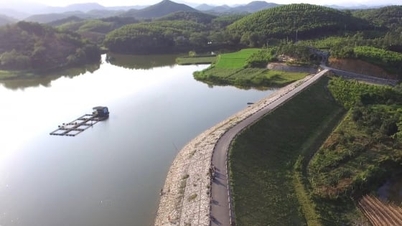
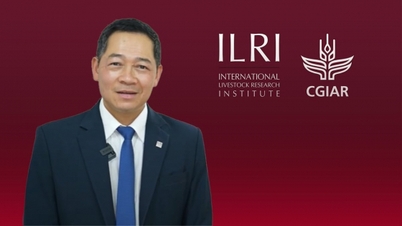
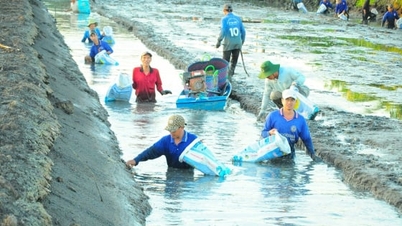
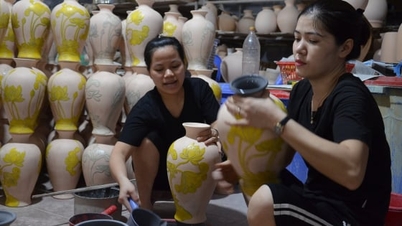





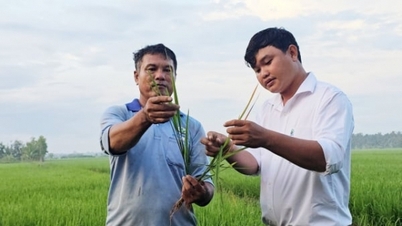

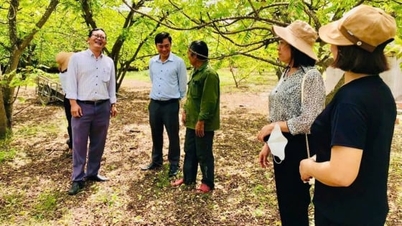
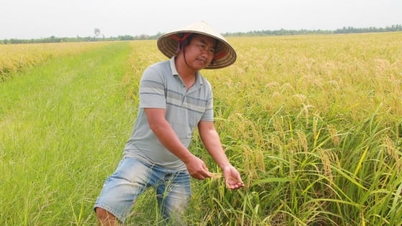
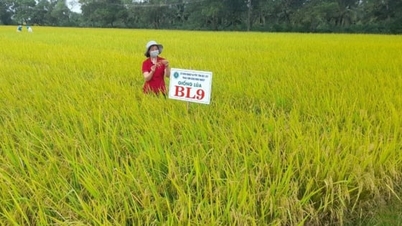













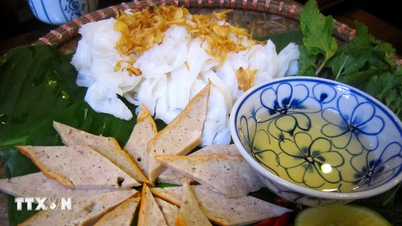














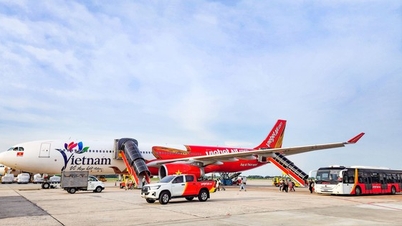

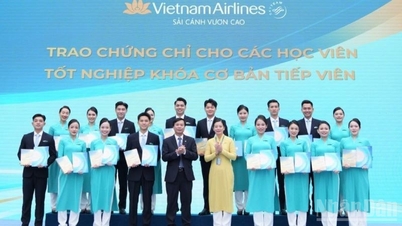












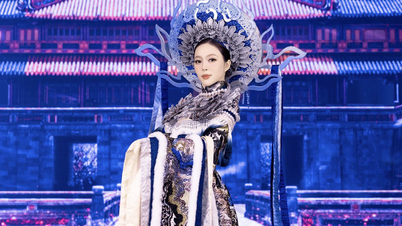

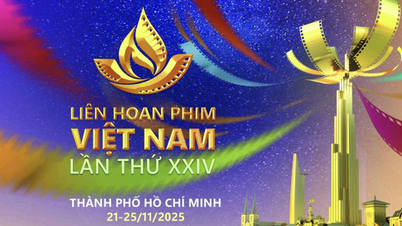







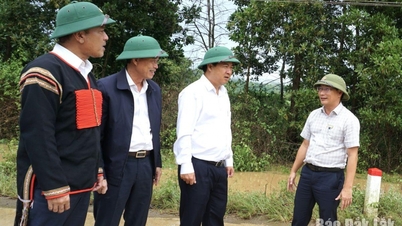

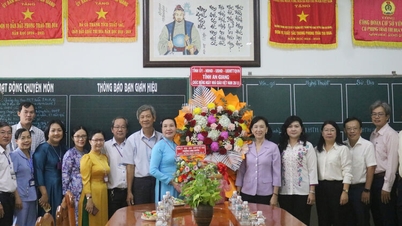



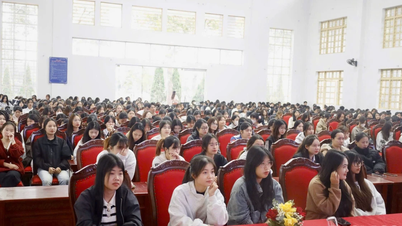

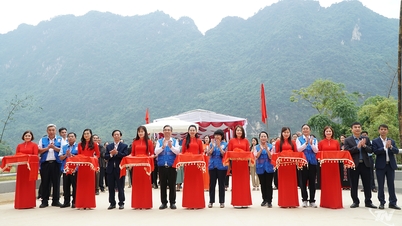

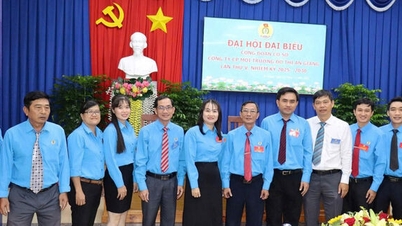













Comment (0)